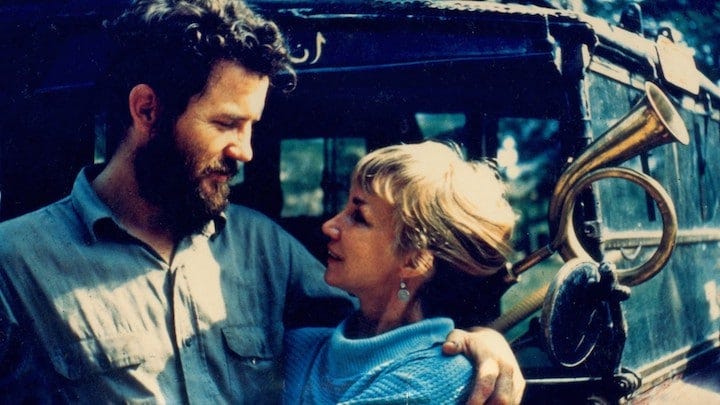Sheffield Doc/Fest Day 2: Archive-Based Stories Trump Muckraking Exposes
Sheffield Doc/Fest Day 2: Archive-Based Stories Trump Muckraking Exposes

On the second day of Doc/Fest, I didn’t take in any special events of the sort I began with. And unless you count being nearly run over by a gang of 10-year-old hooligans on Razor scooters, my non-screening experience was rather unexciting. This was my time for a full day sitting in…
Keep reading with a 7-day free trial
Subscribe to Nonfics to keep reading this post and get 7 days of free access to the full post archives.



